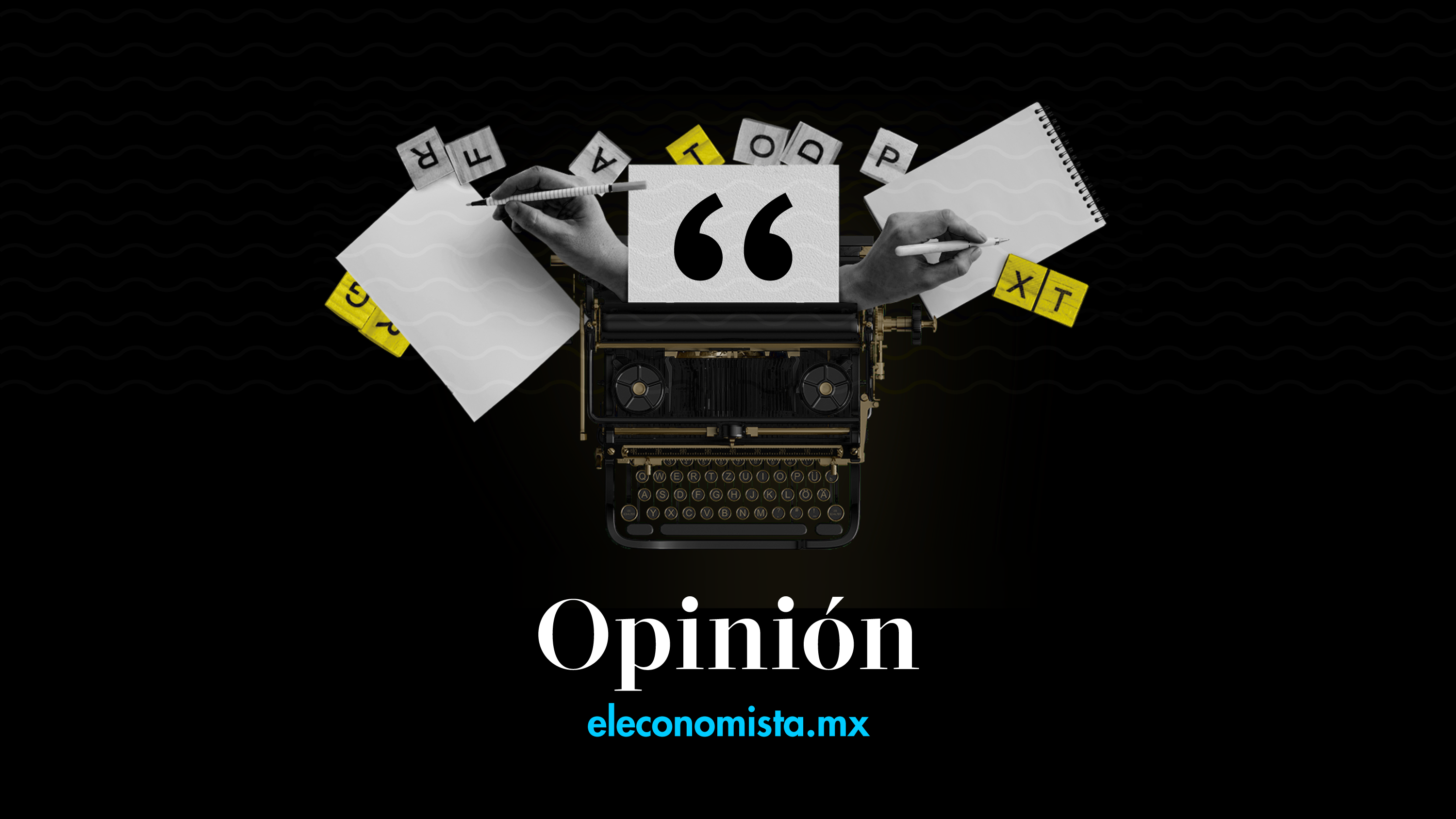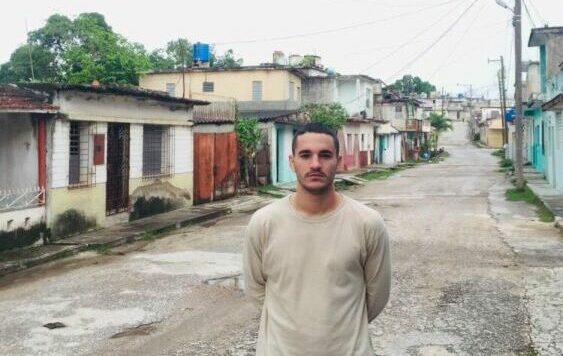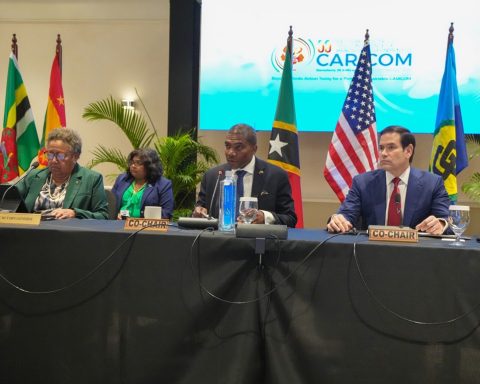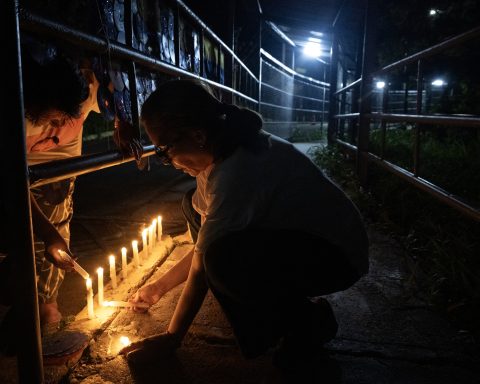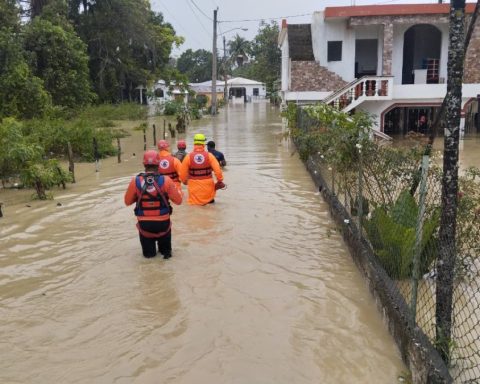And after that. Actually, after the convention number 31 of the insurers, now comes the great challenge. I am referring to the application of everything promised by this guild that has investments in Mexican government bonds and productive projects for 1.5 billion pesos, which makes it the third largest institutional investor in Mexico.
The great challenge for the insurers that focus on AMIS will be the work already done by the director of the association, Norma Alicia Rosas, who will have to bring the issues to the surface, given the permanence that is expected to have in AMIS, and with thus the responsibility to establish firm reforms and approaches.
Norma will have to negotiate with legislators, the government and instances such as Condusef, chaired by Óscar Rosado, and the CNSF, commanded by Ricardo Ochoa Rodríguez, so the focus on her steps will be latent.
Three axes will mark its path: inclusive insurance, MSMEs and the Minerva project.
Nothing simple. Inclusive insurance has had a failed attempt. How to forget the SUVA. What is interesting today and where Norma can contribute a lot, is that she is a woman who knows how to operate and manage, so her vision goes towards the obligation with whom she does not have insurance. That is, in car insurance it is to protect the pedestrian; in housing insurance it is for those who have not yet finished paying their house, or who may face damage due to some scheme of nature, or to third parties.
In health, it will enter the most vulnerable population with simple policies in every sense, but useful.
As for MSMEs, the focus is on shielding the financial assets of this guild, nothing more and nothing less, the one that represents 98% of the companies, and that for now are the ones who suffer the most from economic volatility, who see close their business or who in less than two years, due to lack of financing and training, disappear.
And the third approach is the minerva program, which seeks to strengthen financial education among the female population.
How? With the creation of a financial inclusion committee to promote access to insurance for different segments of the population by adapting and creating insurance schemes that respond to the real and specific needs of people.
Realize a simpler regulation that promotes the use of electronic commerce to facilitate access to insurance; a public policy of risk transfer through insurance that protects public and private infrastructure to prevent people, companies and governments from assuming losses directly.
Promoting housing insurance, through some public service, such as property taxes or electricity, will help shield public finances against disasters and serve the victims.
Nothing simple, although it sounds easy, because we have programs like Insabi, which does not yet work, to offer health to the most disadvantaged, as well as government financing programs for SMEs, and alleged financial training for women. Here the great challenge is that in this case it will be led by private initiative and above all by a specialized sector, that can make a big difference, if there is political will. Will there be? I hope so.
driver
Health, money and business
Co-founding partner, and host of the radio program Salud, Dinero y amor. Finance, business, economics, and wellness program.
